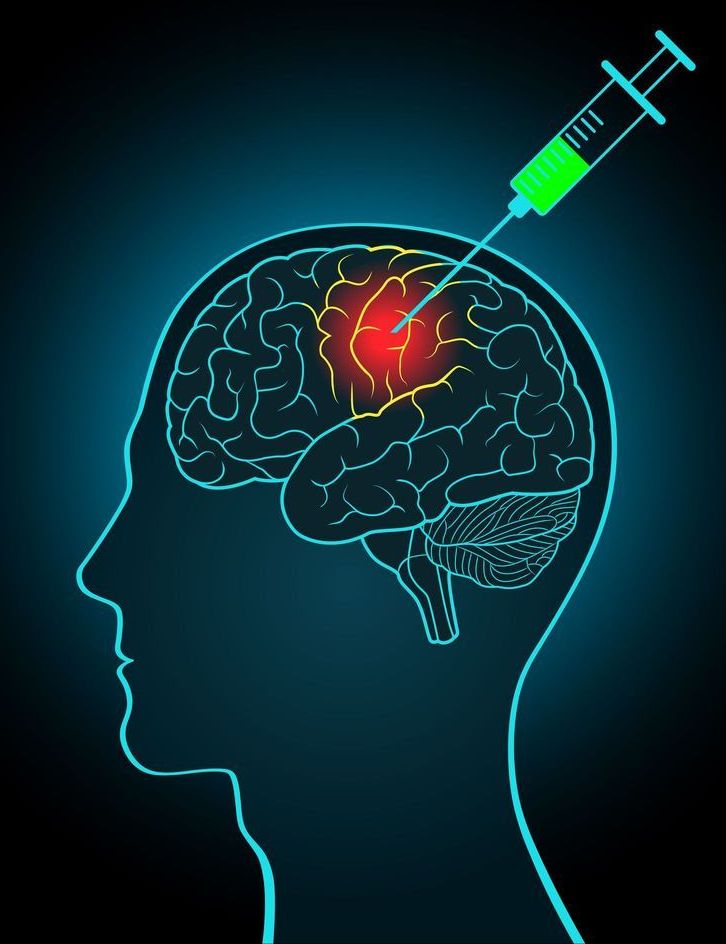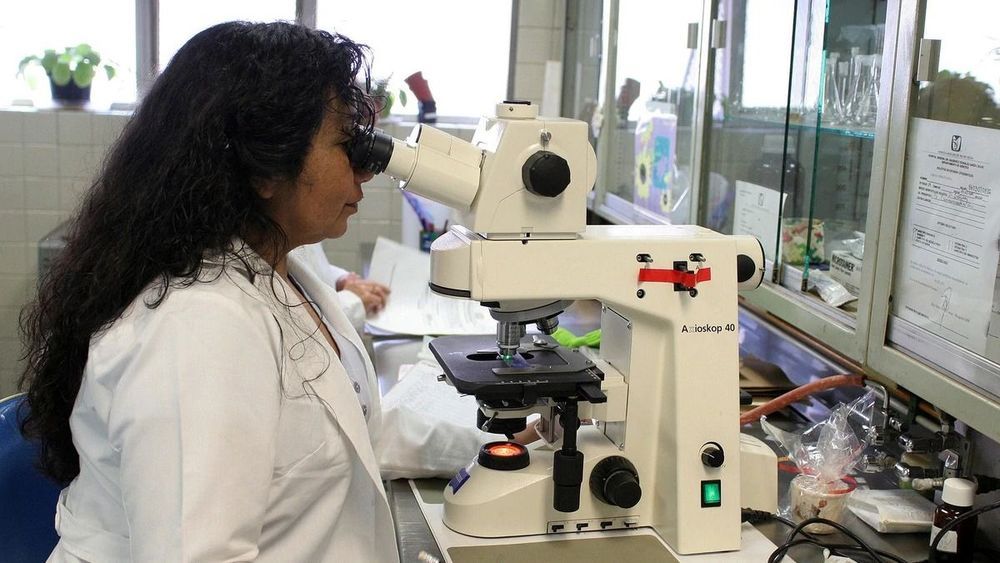Breakthrough research shows that type 2 diabetes occurs when fat from the liver overspills into the pancreas and confirms that weight loss can reverse it.



A newly published study has described the successful results in mice of a novel vaccine designed to prevent neurodegeneration associated with Alzheimer’s disease. The researchers suggest this “dementia vaccine” is now ready for human trials, and if successful could become the “breakthrough of the next decade.”
The new study, led by the Institute for Molecular Medicine and University of California, Irvine, describes the effect of a vaccine designed to generate antibodies that both prevent, and remove, the aggregation of amyloid and tau proteins in the brain. The accumulation of these two proteins is thought to be the primary pathological cause of neurodegeneration associated with Alzheimer’s disease.
The research revealed the vaccine led to significant decreases in both tau and amyloid accumulation in the brains of bigenic mice engineered to exhibit aggregations of these toxic proteins. Many prior failed Alzheimer’s treatments over the past few years have focused individually on either amyloid or tau protein reductions, but growing evidence suggests a synergistic relationship between the two toxic proteins may be driving neurodegeneration. Hence the hypothesis a combination therapy may be the most effective way to prevent this kind of dementia.


No one really knows what happens inside an atom. But two competing groups of scientists think they’ve figured it out. And both are racing to prove that their own vision is correct.
Here’s what we know for sure: Electrons whiz around “orbitals” in an atom’s outer shell. Then there’s a whole lot of empty space. And then, right in the center of that space, there’s a tiny nucleus — a dense knot of protons and neutrons that give the atom most of its mass. Those protons and neutrons cluster together, bound by what’s called the strong force. And the numbers of those protons and neutrons determine whether the atom is iron or oxygen or xenon, and whether it’s radioactive or stable.

The ILA welcomes its new federated member – the Italian Longevity League, Italy!
https://ec.europa.eu/eip/ageing/sites/eipaha/themes/eiponaha2/logo.png]

WHAT SAY YE??? Beware, so many do not care if they kill you to make money from their snake oil products… r.p.berry & AEWR.
Doctors believe a health food supplement caused acute liver failure in an otherwise healthy 23-year-old Amarillo woman.
Emily Goss is starting the new year, with a new routine. She checks her vitals to make sure her body isn’t rejecting the new liver doctors implanted Christmas Day in an effort to save her life.
“I have my life because someone gave me their liver and I’m just so thankful,” Goss said.

In his new book, The Deep History of Ourselves: The Four-Billion-Year Story of How We Got Our Conscious Brains, neuroscientist Joseph Ledoux assigns himself the simple tasks of explaining how consciousness developed and redefining how we create and experience emotions.
Obviously, I’m being facetious. There’s nothing simple about these tasks, yet in Ledoux’s capable hands the reader is led, step by step, through the past four billion years of life on this planet. Consciousness, a phenomenon responsible for your ability to read and understand these words (as well as much, much more), often feels like a given, yet that’s only because human life is short and evolution is so very long.
Ledoux writes about history splendidly. In his last book, Anxious (which I write about here and here), he investigates the development of nervous systems, entertaining the prospect that anxiety and fear are not innate physiological states but rather assembled experiences that can be sorted through and overcome. Throughout the book he overturns common assumptions about behavior and cognition.


A Russian State-owned TV channel recently aired a segment which may give the first glimpse of a new Russian submarine design. In the corner of one scene (@ 2.48 minutes into the recording) it showed an official model of a new submarine together with previously known types. The Laika Class sub has until now been shrouded in secrecy. It is generally analogous to the Virginia Class attack submarine in service with the U.S. Navy.
Such a ‘leak’ was probably deliberate, something that Russia has been suspected of before. On November 9, 2015, Russian TV station NTV revealed the Poseidon Intercontinental Nuclear-Powered Nuclear-Armed Autonomous Torpedo to the world. Then called ‘Status-6,’ it was seen over the shoulder of an officer in a partially televised meeting with President Putin.
The new sub will primarily be a hunter-killer, meaning that it is designed to counter western nuclear-powered submarines. But it will also carry a range of cruise missiles, including the hypersonic Zircon.